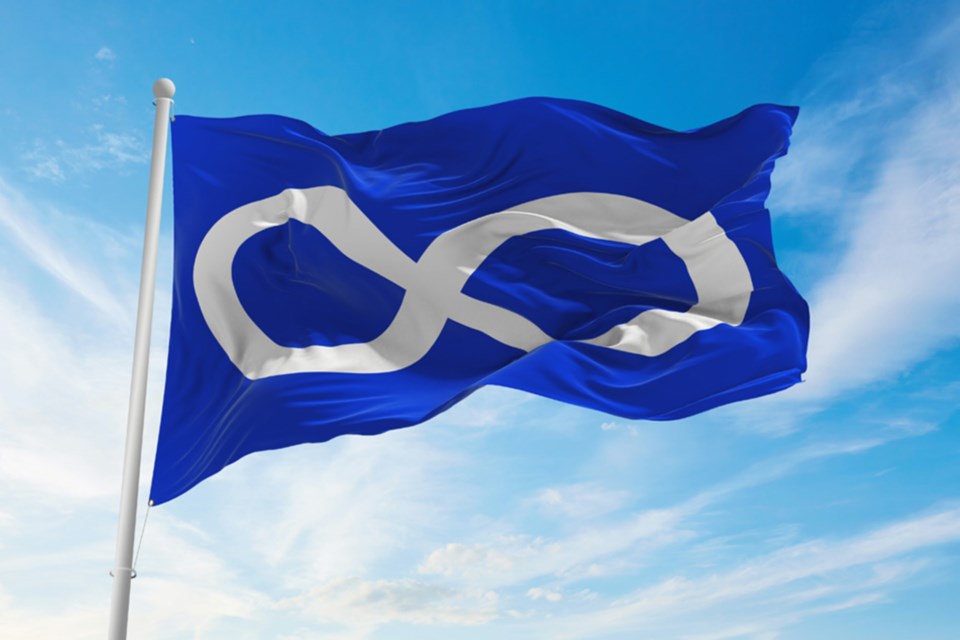Leadership in more than a dozen First Nations are accusing the Métis in Ontario of attempts to divide them through a letter writing campaign requesting individual meetings with chiefs and councils to discuss the cultivation of 'respectful' relationships and memorandums of understanding.
The Chiefs of Ontario issued a joint statement on behalf of 13 First Nations in southern Ontario that recently received letters from the Métis Nation of Ontario (MNO) requesting the discussions, calling the campaign an “attempt to divide our individual nations against one another.”
“We stand in solidarity and opposition to the MNO’s continued efforts to rewrite history, usurp our lands and rights, and appropriate legitimate First Nations and Métis identities,” the chiefs said in the statement, issued last week. “The MNO is seeking meetings with individual nations in the south, apparently to discuss how we can have ‘respectful’ relationships and memorandums of understanding with their organization. This comes after they have spent decades asserting rights across Ontario, including in our First Nations’ territories.”
First Nations that reportedly received letters from the MNO include Beausoleil First Nation, Caldwell First Nation, Chippewas of Georgina Island First Nation, Chippewas of Rama First Nation, Curve Lake First Nation, Eelŭnaapéewi Lahkéewiit (Delaware Nation), Hiawatha First Nation, Mississaugas of the Credit First Nation, Mohawks of the Bay of Quinte, Moose Deer Point First Nation, Munsee-Delaware Nation, Oneida Nation of the Thames, and Wahta Mohawks.
Chiefs in the 13 First Nations say that while the MNO is now stating that it does not assert section 35 or inherent rights in their lands, its words “do not match their actions nor the realities we have faced.”
“We have witnessed firsthand how MNO members demand consultations on issues that affect our nations and our rights-holding citizens. We have watched them make claims to our lands and resources in the south,” they said. “The difference between us and the MNO — a corporate organization founded in 1993 — is we are nations who govern our lands and territories and are accountable to our citizens. The MNO’s only job is to find sympathetic ears to tell their false narratives.
“Their letter also makes clear that the corporation is still coming for the rights and territories of our brothers and sisters in the rest of the province. Every nation in Ontario needs to know that we are with them in this fight. Governments at all levels have pandered to this corporate organization with unsubstantiated claims for too long and now it has the confidence to think we, as First Nations, would sell each other out.”
The MNO says the letters were intended to clarify the “considerable misinformation and misunderstandings about Métis rights assertions in Ontario,” after a First Nation wrote to the MNO to express concerns over an MNO office in their territory, according to a statement provided to SooToday last week.
“The MNO responded to that First Nation affirming that there are no Métis rights assertions related to lands in the area and that the office exists solely to provide essential services to Métis citizens living outside of their territories. These services include education and training, mental health, elder care, healthy babies and children, and other culturally appropriate programming,” said the statement. “This service offering to Métis living outside their traditional territory is akin to the services offered to the significant population of Inuit living in Ottawa, who obviously do not assert land rights there but who continue to access services and engage in cultural activities.
“In our letter, we made it clear that the MNO citizens living outside their traditional territories in southern Ontario do so as guests on the traditional lands of the First Nations. Knowing that other First Nations likely had the same questions or concerns, the MNO sent a similar letter to all First Nations in southern Ontario where Métis do not assert land rights.”
First Nation chiefs, meanwhile, allege the MNO has been making claims to the lands and rights of some of the nations who issued the joint statement.
“We are distinct peoples and nations, with unique cultures and languages, but there is no space between us on this issue. Let us be clear: the MNO is, and always has been, a corporate organization that seeks to appropriate First Nations’ identities, territories and rights to benefit the members of its organization,” the statement said. “Any attack on one nation’s inherent and treaty rights, jurisdiction or sovereignty, is an attack on us all.”
In April, the Métis Nation-Saskatchewan (MN-S) withdrew its support for the controversial Bill C-53, which would recognize the MNO, MN-S and the Métis Nation of Alberta as having section 35 rights to self-government. The legislation, which passed second reading in Ottawa last year, is currently stalled while the self-government agreement goes back to the Minister of Crown-Indigenous Relations for revision and re-negotiation.
Leaders of the Métis organizations in Alberta and Ontario have defended the bill, saying it would rightfully give them control over child welfare and other internal matters. But First Nations chiefs in Ontario have accused the federal government of overstepping its jurisdiction and alleged the legislation steps on their rights.
The Chiefs of Ontario and other First Nations groups have argued that six new communities within the Métis Nation of Ontario, which the provincial government recognized in 2017, have no historical basis to exist.
- with files from The Canadian Press



